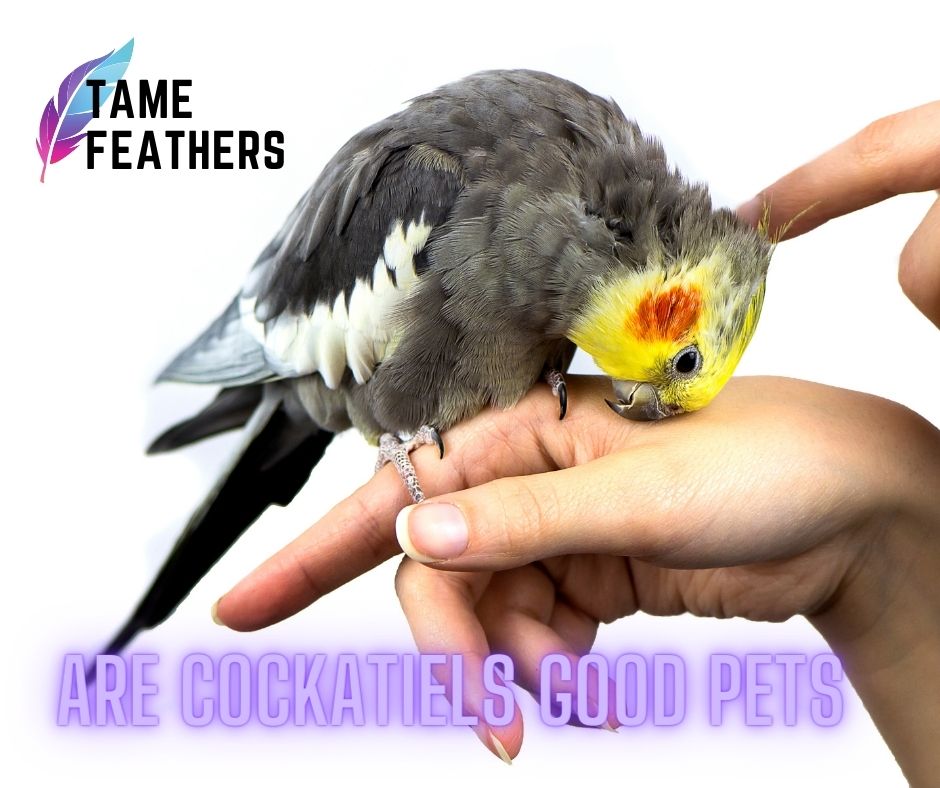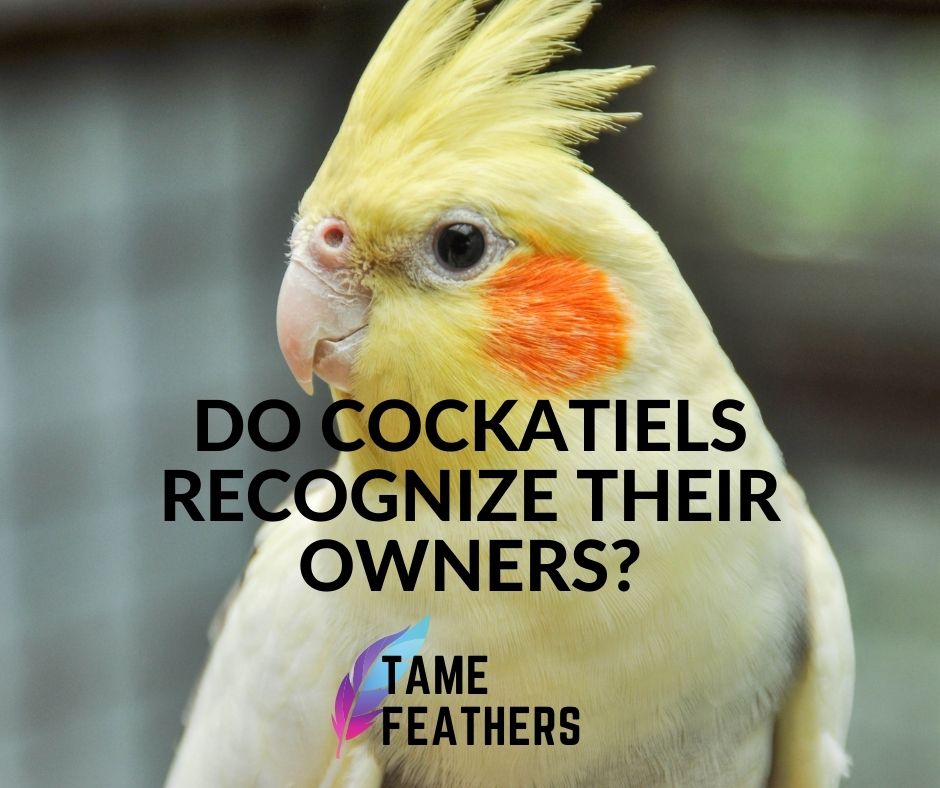If you have a cockatiel that is showing signs of being sick, there is a chance it may have psittacosis.
This is an infectious bacterial disease that can be fatal to birds and can also be transmitted to humans.
While psittacosis is a serious condition, it is treatable and there are steps you can take to help your cockatiel recover.
This article will provide an overview of psittacosis, how to diagnose and treat it, and how to prevent it in the future.
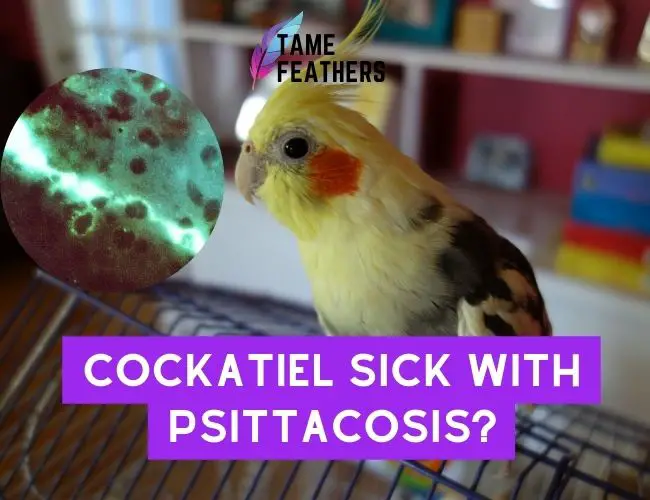
An Unfortunate Reality: Psittacosis in Cockatiels
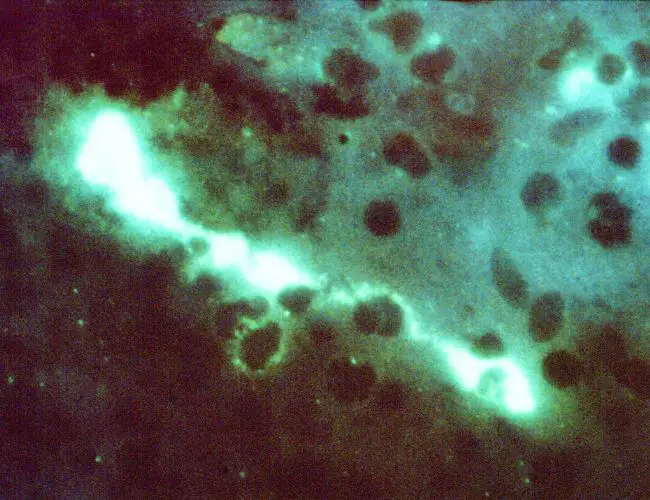
(2023). Retrieved 23 February 2023, from https://upload.wikimedia.org/wikipedia/com
Psittacosis is a bacterial infection caused by the Chlamydophila psittaci bacteria, which is commonly found in the droppings of infected birds.
It can affect a variety of bird species, including cockatiels, and is transmitted when an infected bird comes into contact with the droppings of another infected bird.
Symptoms of psittacosis in cockatiels include:
- weight loss
- diarrhea
- respiratory distress
- swollen joints
- and lethargy
If left untreated, the infection can lead to death.
Acting Quickly: How to Diagnose Psittacosis
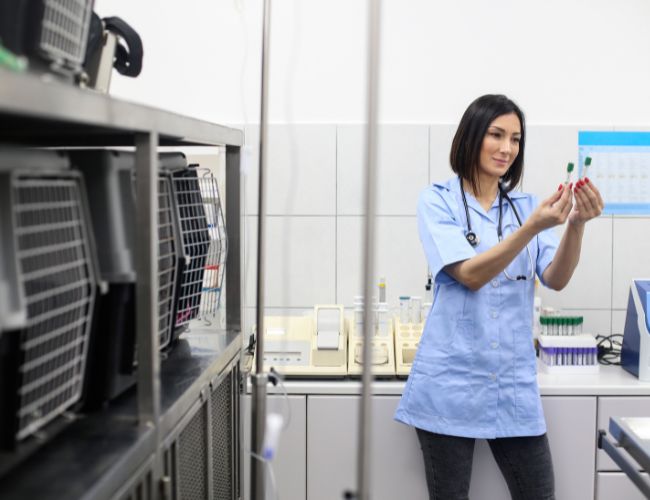
The best way to diagnose psittacosis is to take your cockatiel to a veterinarian for a physical examination, which will include taking a sample of the bird’s droppings for testing.
The veterinarian may also take blood and tissue samples to confirm the diagnosis. If the infection is confirmed, the veterinarian will prescribe antibiotics to treat the infection and recommend additional treatment options, such as supportive care.
Finding Solutions: Treatment Options for Psittacosis

The treatment for psittacosis depends on the severity of the infection.
In mild cases, antibiotics are usually prescribed to treat the infection. In more severe cases, supportive care may be needed, such as providing fluids to prevent dehydration and nutritional supplements to help the bird regain its strength.
If the infection is severe, the veterinarian may also recommend hospitalization and additional treatments, such as oxygen therapy or surgery.
Caring for Your Cockatiel: Practical Tips for Management
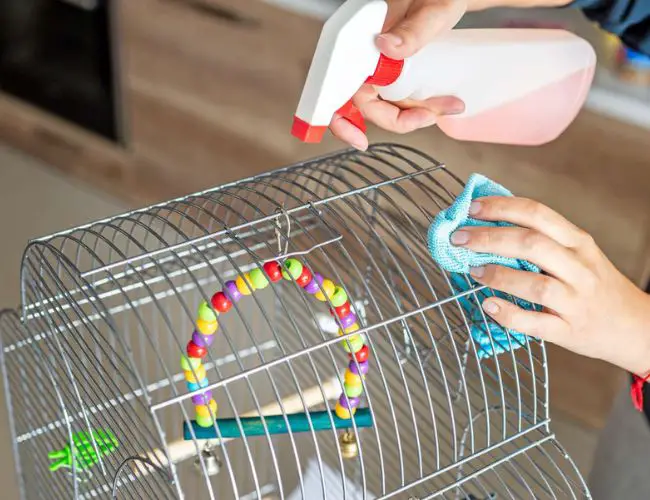
Once your cockatiel has been diagnosed and the treatment plan has been established, there are a few steps you can take to ensure that your bird recovers quickly and fully.
The first step is to ensure that your cockatiel is getting the proper nutrition, including a balanced diet and plenty of fresh water. It is also important to keep the bird’s cage clean and to monitor its health closely.
Preparing for the Future: Prevention Strategies
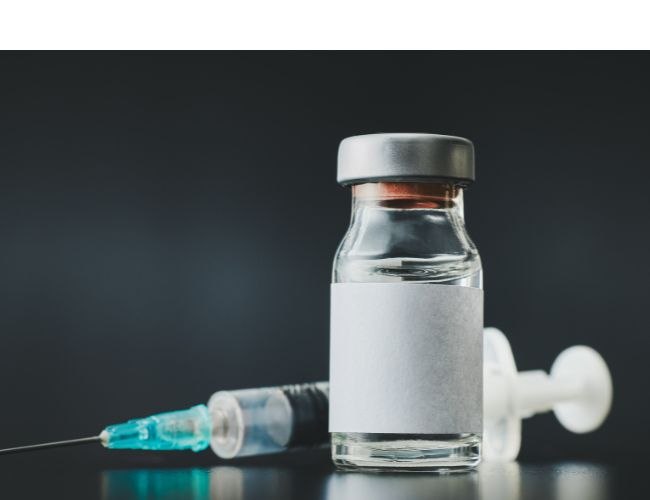
The most effective way to prevent psittacosis is to practice good hygiene and to keep your cockatiel away from other birds that may be infected.
It is also important to make sure that your cockatiel is up to date on its vaccinations, as this can help prevent the spread of the disease.
Stay Positive: Hope for Your Cockatiel’s Recovery
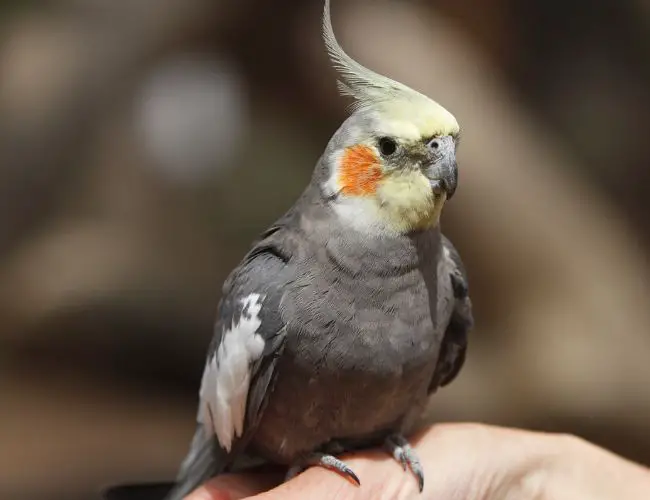
While psittacosis can be a serious and even fatal infection, it is treatable and there is hope for your cockatiel’s recovery.
By taking the necessary steps to diagnose and treat the infection, providing proper nutrition, and practicing good hygiene, you can help your cockatiel recover and prevent the spread of the disease.
With the right care, your cockatiel can make a full recovery and live a long, healthy life.


